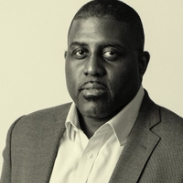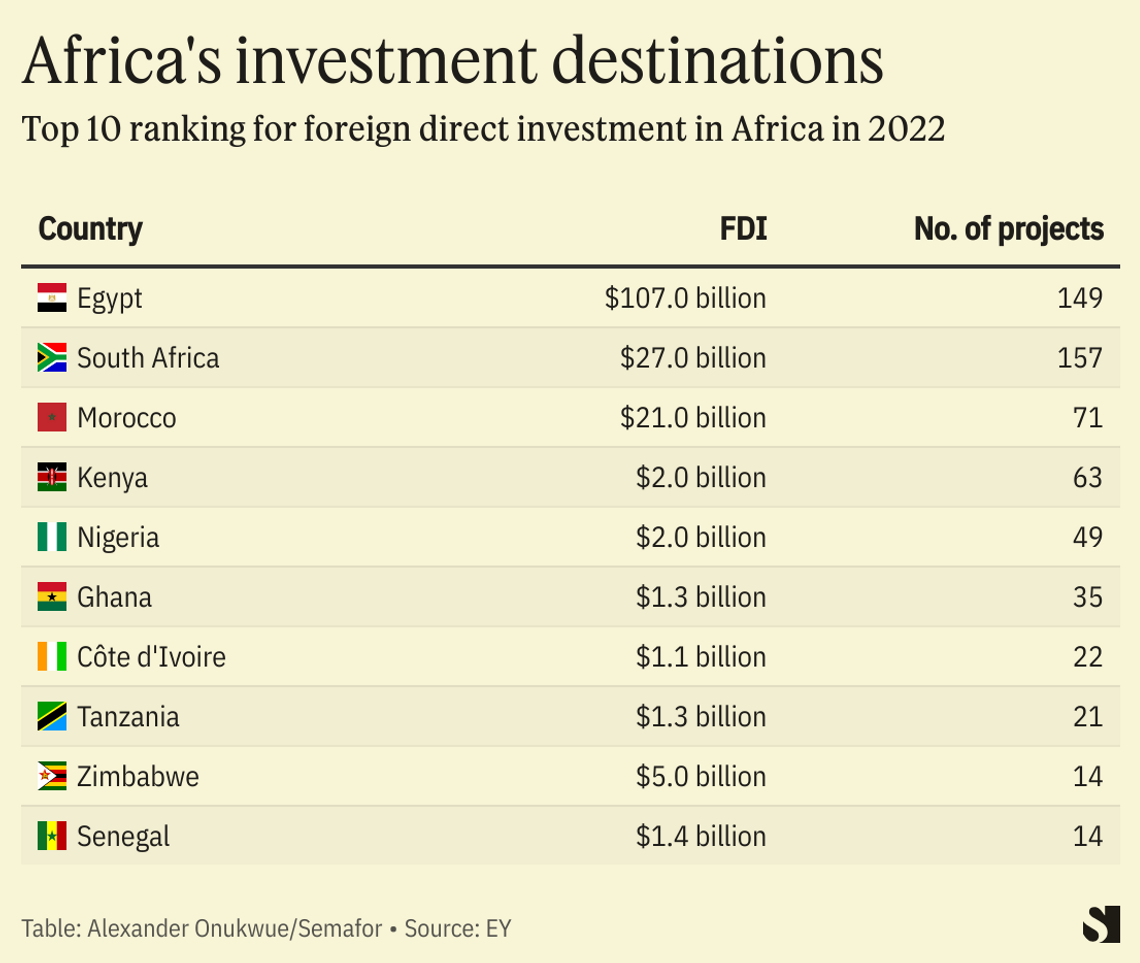 Amanuel Sileshi/AFP via Getty Images Amanuel Sileshi/AFP via Getty ImagesTHE NEWS ADDIS ABABA — Ethiopia’s central bank is fast-tracking the rollout of a new legal framework to spur foreign competition in the local banking sector while simultaneously imposing strict limits on the role of foreign players. The central bank governor told parliament last week that a framework will be in place by the end of the government’s fiscal year in July 2024. Financial services authorities are poised to place a ceiling on the maximum number of shares foreign investors could own in local banks. This is in contrast with regional trends within the East Africa region which have enabled full mergers and acquisitions. Ethiopia’s government is keen to benefit from foreign investment but wants to prevent smaller local banks from being swallowed up by larger foreign rivals. Foreign institutions and individuals will only be allowed to acquire up to 30% of a local bank, which can then sell an additional 10% to another overseas buyer. The remaining 60% must remain under local shareholder ownership. KNOW MORE Ethiopia’s National Bank Governor Mamo Mihretu has said that preparations for proclamations and other legal frameworks to open the sector would be finalized before July 2024. One of Ethiopia’s top financial regulators, Brooke Taye, of Ethiopian Capital Market Authority, told Semafor Africa that despite the ownership limits the country would still “support the entrance of foreign investors” in the country’s financial markets. Ethiopia is Africa’s second most populous country, with 120 million inhabitants. Just 45% of the population is currently banked, according to development agency, Financial Sector Deepening Ethiopia (FSD).The government plans to digitize its economy and move from a cash-based society, which has prompted rapid changes in the country’s banking sector. In the last four years, 15 new local banks have entered the market with state-owned Commercial Bank of Ethiopia commanding over a third of the market. The Ethiopian banking sector is valued at around 2.4 trillion Birr (almost $43 billion), according to Addis Ababa-based investment firm Cepheus Growth Capital. Foreign banks including Kenya’s KCB Bank and Standard Bank, along with banks from Egypt and the United Arab Emirates have expressed interest in the Ethiopian market. | 










